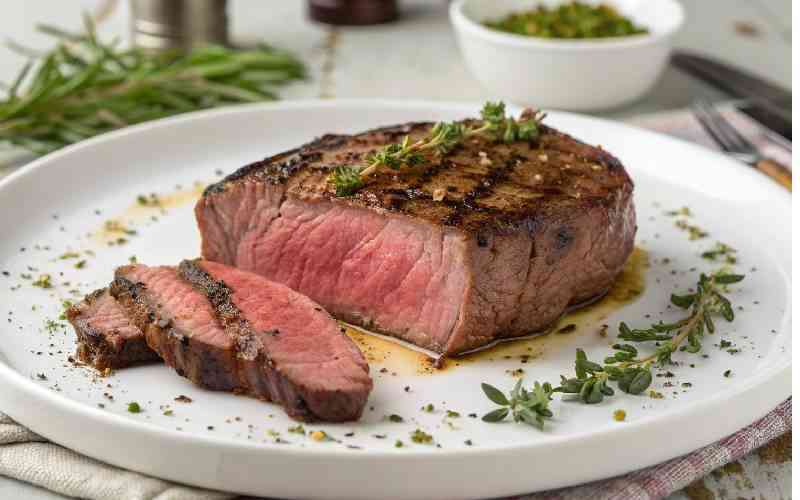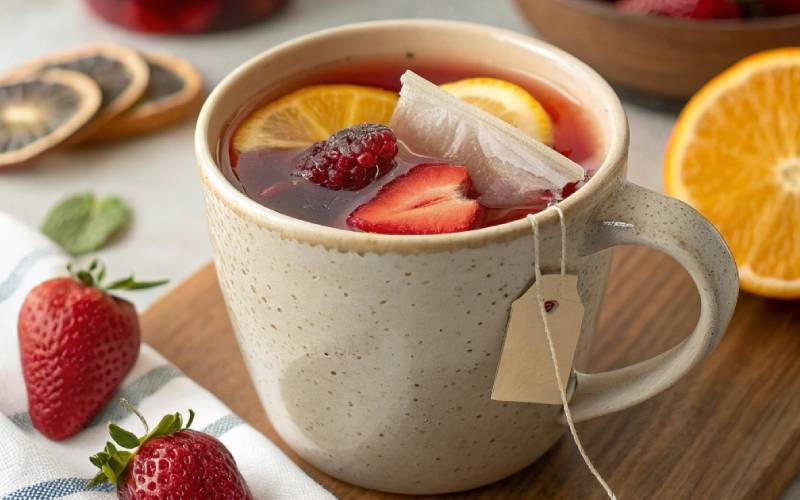
If you struggle with overspending on your grocery shopping and an unhealthy diet, or you just love eating good food like I do then this is for you.
And no, you don’t need to hire a professional chef of nutritionist to tell you what you should and shouldn’t be eating.
You can do it all by yourself.
Meal prepping as the name states is preparing food in advance for say 3-7 days at a given time. It may involve preparing the meal itself, writing up the recipe and putting aside the portions in the freezer so that you just grab and cook when the time comes.
Easy right? And that is perhaps one of the reasons this trend is catching on like a house on fire.
Therefore, to reduce wastage, temptations to order take out or binge on snacks, save on time and money, you should consider a meal prep.
Here is how to do it right especially if you’re a beginner:

You need a road map to help you achieve your health goals and help you stay organized. Once you know the type of foods you would like to be eating, create a simple menu and a plan.
Start with recipes you already use. This is not the time to get fancy and try new recipes unless you allocate some time for that over the weekends. The goal here is keep things simple to save time.
Once you have that in place, your plan should be able to guide you on which day you should do be doing what and how. If you have time, consider meal prepping after creating the menu.

Again, the key factor here is to keep things very simple. Prepare enough single meals that have all the nutrients you need then pack the leftover for lunch the following day.
Once it becomes second nature you can throw in breakfast preps to save time in the morning especially if you have kids. See how that works then adjust your meal plan accordingly until you customize one that fully works for you.
ShopOnce your meal plan has taken shape it is time to write down a shopping list after taking an inventory of what you have and what you need to buy.
Think about spices that have a long shelf life, pre-packaged meals and canned foods that will literally take minutes to prepare.
Depending on how much food you will be preparing and storing away, you will need to invest in zip lock bags, freezer bags, glass or plastic containers with air tight lids and other storage containers you think you may need to help preserve your food longer.

Take advantage of eating healthy now that you have taken control of your diet. To avoid eating unnecessary junk food unless you’re treating yourself once in a while, always have some snacks in the freezer or refrigerator ready to grab and eat.
Pre-portioned nuts, fruits or some boiled maize or sweet potatoes may come in handy when the pangs hit.
 The Standard Group Plc is a multi-media organization with investments in media
platforms spanning newspaper print
operations, television, radio broadcasting, digital and online services. The
Standard Group is recognized as a
leading multi-media house in Kenya with a key influence in matters of national
and international interest.
The Standard Group Plc is a multi-media organization with investments in media
platforms spanning newspaper print
operations, television, radio broadcasting, digital and online services. The
Standard Group is recognized as a
leading multi-media house in Kenya with a key influence in matters of national
and international interest.






